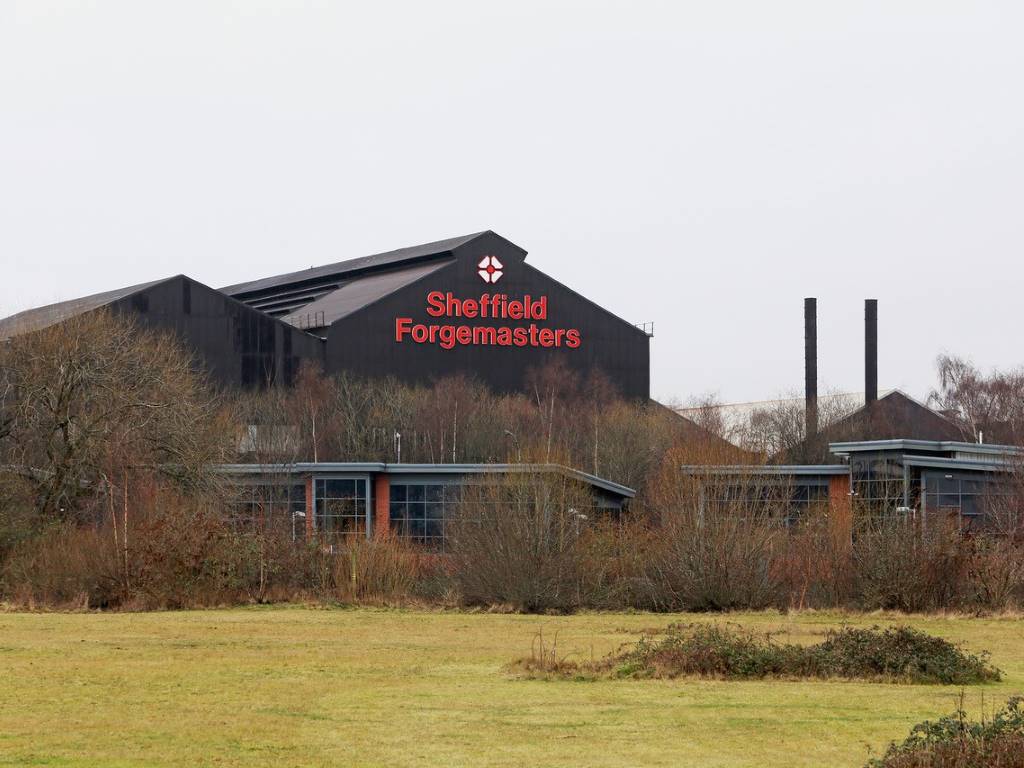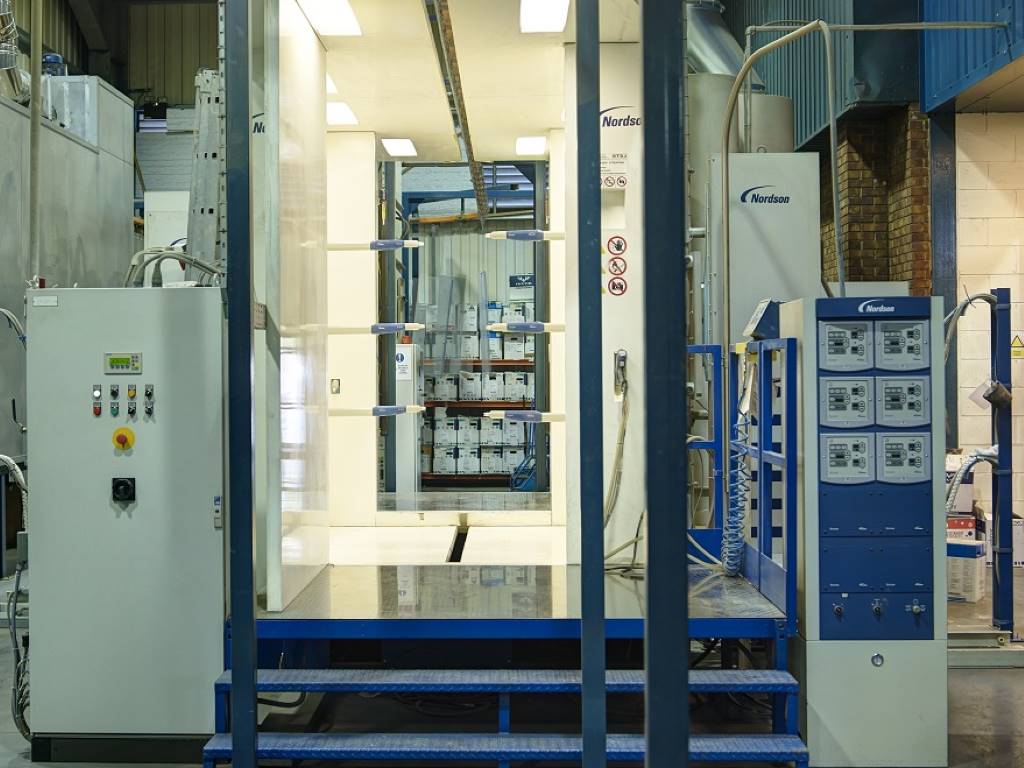How will a no-deal Brexit impact UK manufacturing?

With Theresa May's withdrawal agreement from the EU set to be voted upon in Parliament, Subcon Laser Cutting discusses the outcome of a no-deal Brexit on the UK manufacturing industry.
With Boris Johnson taking the UK out of the EU on 31st October with or without a deal, Subcon Laser Cutting discusses the outcome of a no-deal Brexit on the UK manufacturing industry.
Brexit will be the biggest single political change in the United Kingdom in the last 50 years. Regardless of dividing opinions about the EU, it is becoming clearer since Boris Johnson became Prime Minister that a no-deal Brexit is quite likely, especially with the Government taking the October deadline more seriously than Theresa May.
If no-deal happens, the UK will go from being a member of one of the world’s largest single markets and customs unions to being a global outsider, quite literally overnight. The impact on all businesses across the UK could be dramatic. Companies in the manufacturing sector which rely upon just-in-time supply chains, and an international base of both suppliers and customers for their survival can expect to be heavily impacted.
Supply chain
The Midlands is home to a huge variety of manufacturing and engineering businesses. From small and medium-sized enterprises such as Subcon Laser, through to global giants such as BMW, Rolls Royce and others, the region has a long history of heavy industry and was one of the driving forces of the industrial revolution.
However, since the UK joined the EEC (as it was then, now the EU) in 1973, the nature of our industry has changed. Rather than South Wales, Shropshire, and the North-East, the raw materials now arrive just in time from suppliers across the EU, and around the world. Any interruption to this just in time supply chain would have an inevitable, and costly, impact on business.
Unfortunately, it is difficult to see how an interruption to vital trans-European and global supply chains can be avoided.
The impact of this change cannot be overestimated since it will bring about the inevitable reintroduction of customs checks, import duties, and tariffs for all goods travelling from Europe into the UK. Not only will compliance with new – as yet unknown – procedures and bureaucracy impose additional financial and regulatory burdens, the uncertainty of additional transport times for goods crossing borders has the potential to render the concept of just-in-time supply an impossibility.
Tariffs
Once outside the EU, UK-based companies will be obliged to pay tariffs on the overwhelming majority of goods travelling into the single market, of which we will no longer be members. The practical upshot of this is to increase the cost of UK manufactured goods to customers in the EU; indeed, that is the whole reason that tariffs – a tool of economic protectionism – exist.
For manufacturers who export within the EU – or even to other countries with which the UK has a trade agreement as a member of the EU – there will be two options: pay the tariffs on behalf of customers and take a significant hit to their finances; or pass the costs on, see order numbers drop, and take a significant hit to their finances. There are companies across the Midlands region, and throughout the UK, already operating on tight margins for which this issue alone could mean that they can no longer continue to trade.
The economy
It is inconceivable that, in the event of a no-deal Brexit, the pound will maintain its global value. Additionally, because of the increased costs of importing goods, and services such as gas and electricity, into the UK, no-deal will lead to rampant inflation, price rises, and higher costs for both businesses and consumers. Higher prices in the UK, combined with a fall in the value of the pound, will make British goods more expensive overseas, and make overseas goods more expensive for UK based companies. The Bank of England has presented some scenarios in which prices could increase by as up to 35% – a change it would be difficult for any company to survive.
Is it all bad?
Well, yes. Supply, the economy, and tariffs are just three areas where UK manufacturing stands to be hugely negatively impacted by a no-deal Brexit. There is also the prospect of recruitment difficulties caused by the end of freedom of movement; a breakdown in transport infrastructures such as ferry transport and the Channel Tunnel; and lack of certainty over regulation to name but three more challenges.
Worst of all, these impacts are not just limited to a no-deal scenario. Even if Theresa May’s previous EU deal can be passed through Parliament at the last minute by Boris Johnson, with perhaps amendments to the Irish Backstop, that will only buy more time to negotiate the terms of a future relationship with the EU.
Subcon Laser www.subconlaser.co.uk














